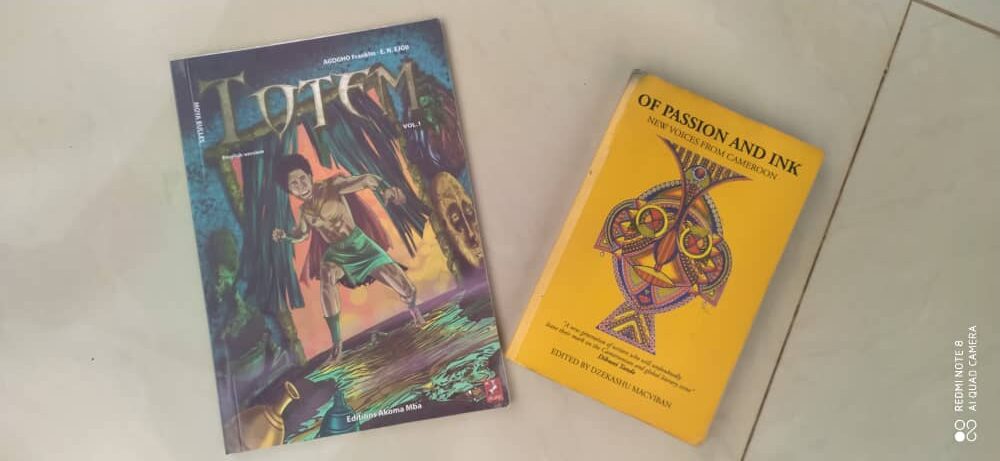
For some time now, there has been a debate about whether comics can be considered as literature or not. Given that comics make use of images to tell stories and target an audience which is less inclined to consume voluminous books full of text only, comics have usually been considered as a lower artform. Worse of all, the characters and themes which comic books usually treat are predominant in popular culture and not really in academic settings, making many to regard it with less consideration. So, the question here is: can comics, which are a unique art form that has been around for decades and continues to gain popularity in today’s culture, be considered as literature? Is it really fair to include them in the same category as classic novels? Well, to answer this question, it is important to spell out what literature is in the first place.
What is Literature?
Literature is defined as “written works, especially those considered of superior or lasting artistic merit” or “any collection of written work, specifically considered to be an art form, especially prose fiction, drama, and poetry. Literature is a method of recording, preserving, and transmitting knowledge and entertainment, and can also have a social, psychological, spiritual, or political role.” Going by these definitions alone, one can comfortably say that comics can be considered as literature because they contain writing which has artistic merit and they incorporate different forms of literature like prose and poetry. This is true of most comic books out there, even though many still argue that comics cannot be put on the same pedestal as novels. If you are one of such persons, we will take this debate a little further for you, by looking at the characteristics of literature. This will help us pinpoint elements of literature that are present in comics and which make comics an undisputed part of literature.
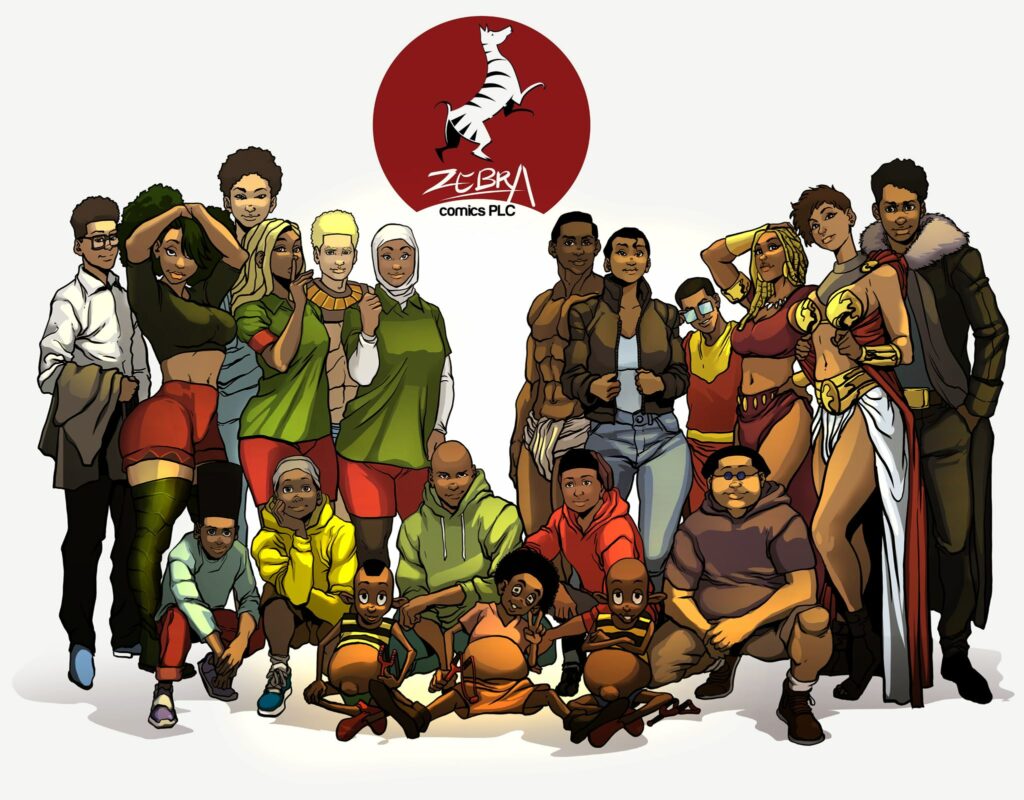
Characteristics of Literature
Its focus is on the conscious, deliberate use and arrangement of words. Any piece of literature, like novels, should contain a deliberate use and arrangement of words so that they sound interesting in narration and in verse.
Its purpose is to entertain and to give aesthetic pleasure. Novels and even poems usually tell a story or present characters or situations in ways which are usually entertaining to the reader. If the entertainment aspect is taken out of the equation, then it is not literature.
It is usually fiction that displays a sense of reality. Not all literature is fiction but most of it presents fictionalized versions of real life in a bid to plunge the reader into an experience that is usually memorable and unforgettable.
It contains tension or conflict. In a previous characteristic, it was made clear that literature involves the telling of stories. These stories always contain conflict or tension and this is what procures the entertainment in the piece of work, keeping consumers glued to it to the very end.
It sustains artistic unity. This means that usually, in literature, a main idea is conveyed. There may be minor themes but all of them usually lie on a main theme that runs through the piece of work.
It contains figurative language. Usually, in literary pieces, there is the use of similes, metaphors, irony, symbolism, analogy and many other devices that help render the work beautiful.
Literary texts or stories are usually written in first-person, second person or third-person pronouns. This evokes a speaker who is talking to the reader or consumer about the contents of the piece.
Literary works always make use of Style. One of the fundamental ways through which one can separate literature from normal text is through the use of style. The piece can be informal, colloquial or even vulgar in tone so as to sustain a certain mood or tone within the piece. Writing that is void of style can hardly be entertaining and when there is no entertainment, there is no literature.
So, after reading the above, can one still consider comics to be literature? The answer is a resounding yes! Comics can absolutely be seen as literature. Just like any other form of writing or storytelling, they have the potential to evoke emotion and inspire thought-provoking conversations about various topics—all while entertaining readers along the way. Writing in comics is focused and deliberate, it is entertaining, it contains fiction, there is always conflict therein, it sustains artistic unity, it contains figurative language, it is written in first, second or third person, and it makes great use of style to tell memorable stories. Added to that, many comic books contain complex plots with interesting characters that add depth and dimensionality to their stories—qualities commonly found in literary works of fiction too.

At its core, good literature should captivate an audience through vivid details and creative expression; something which comics do exceptionally well thanks largely due to their visual nature combined with carefully crafted dialogue between characters (not forgetting sound effects!). This combination allows creators far more freedom than traditional prose writing when it comes to conveying meaning behind each panel or page turner – making every issue feel fresh even after hundreds of rereads!
So, the next time someone questions whether your favorite superhero series belongs on par with great novelists such Shakespeare or Tolstoy– you know what answer you need to give: Absolutely YES!!
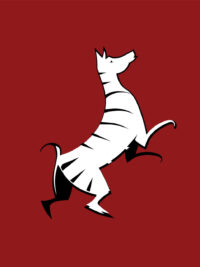
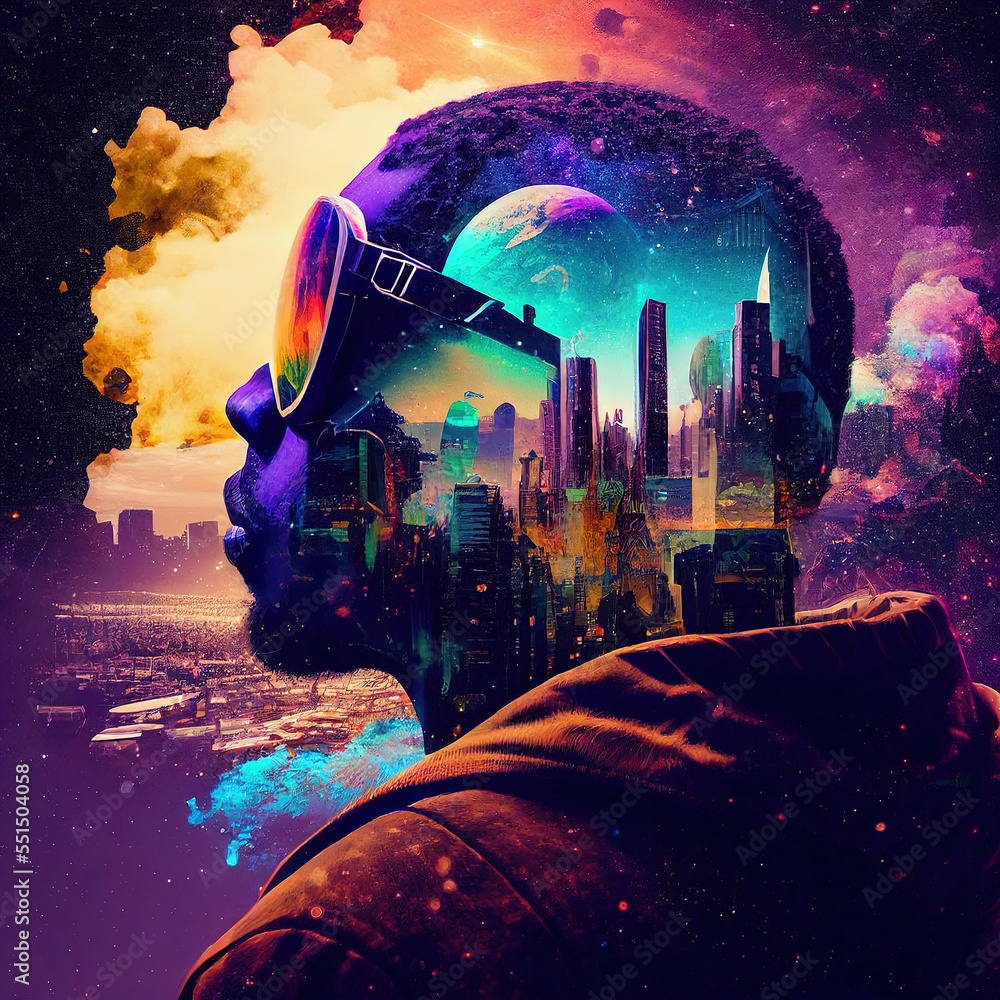
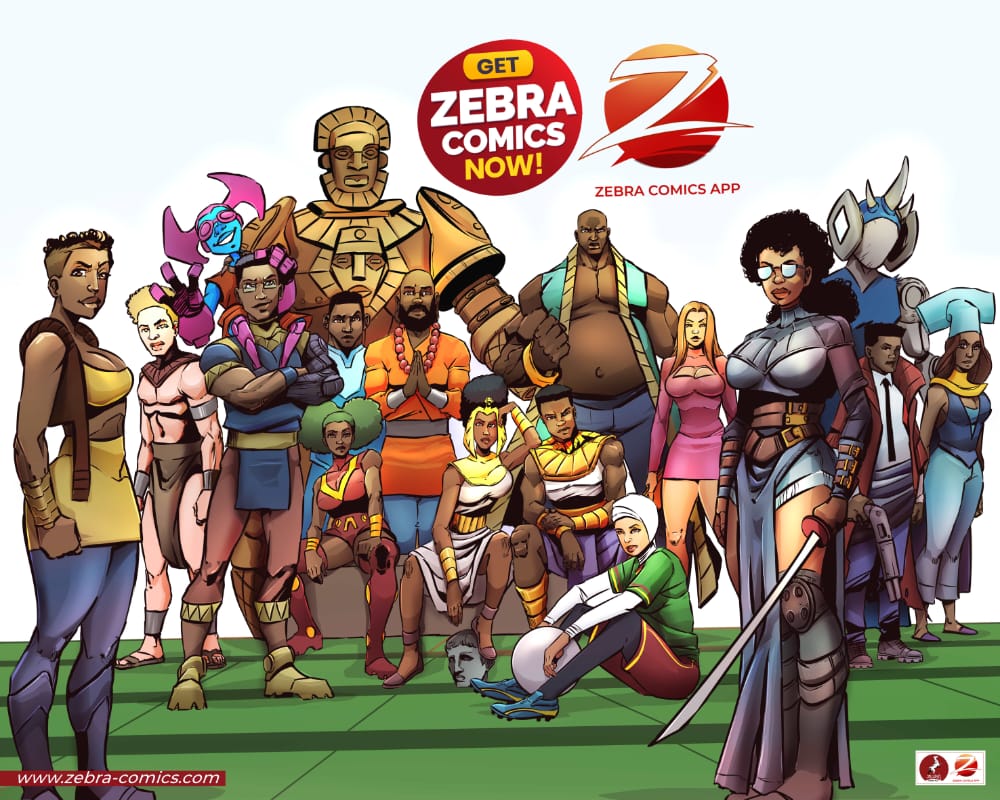
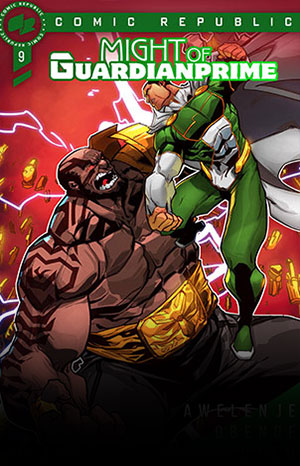
Comics are sophisticated literature. It is the best part of literature.
I read both novels and graphic novels. These days Comics are making a lot more sense to me, to be honest. Of course it is literature. It’s a straight forward answer to me.